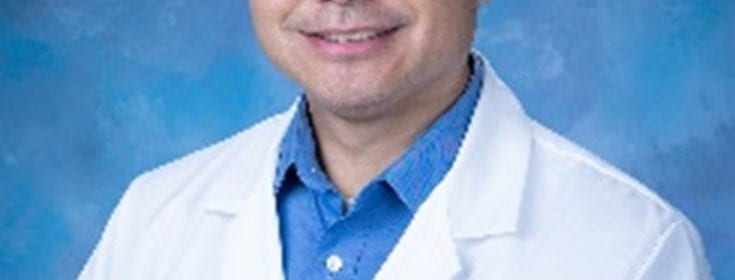From the College of Dental Medicine…

October 2023 Research Highlights reported by the College of Dental Medicine.
Dr. Han awarded a $435K NIH grant to study peri-implantitis

Xiaozhe Han, DMD, PhD, Professor
Professor Xiaozhe Han has been awarded a $435K R21 grant from the National Institutes of Dental and Craniofacial Research (NIDCR) to study the emerging disease, periimplantitis, particularly under Diabetic condition.
R21 Synopsis: Diabetes mellitus (DM) is a risk factor of peri-implantitis, an infectious disease that causes inflammation of the soft tissue and bone resorption around the dental implant. However, the contribution of DM to the pathogenesis of peri-implantitis remains unclear. Furthermore, without a clear understanding of the underlying pathogenic mechanism and appropriate intervention, a large number of DM patients who receive dental implant placement will continue to face the potentially higher risk of developing peri-implantitis. We hypothesize that high blood glucose level in DM induces pathogenic microbial changes around the implant, promoting peri-implant inflammation and bone loss. In this proposal, we will investigate in vivo any changes in oral microbiota in the presence of DM and the effect(s) of such changes on peri-implant inflammation and bone loss. Successful completion of this project will allow us to develop more comprehensive study designs and translational approaches to gain insight into the etiology of peri-implantitis in DM patients.
https://reporter.nih.gov/search/GpV42xGDq0-yVf3wCe1mOA/project-details/10668057
Research background: Dr. Xiaozhe Han, has been trained in oral biology, periodontology and oral osteoimmunology. For the past 19 years, he has been focusing on pathogenesis and inflammation resolution in immune-mediated oral disease. He is particularly interested in the role of immune regulatory cells during local-systemic and host-microbe interactions. He aims to characterize these interactions and learn how to manipulate these cells to prevent and treat oral diseases, such as periodontitis and oral cancer, through control of the immune microenvironment.